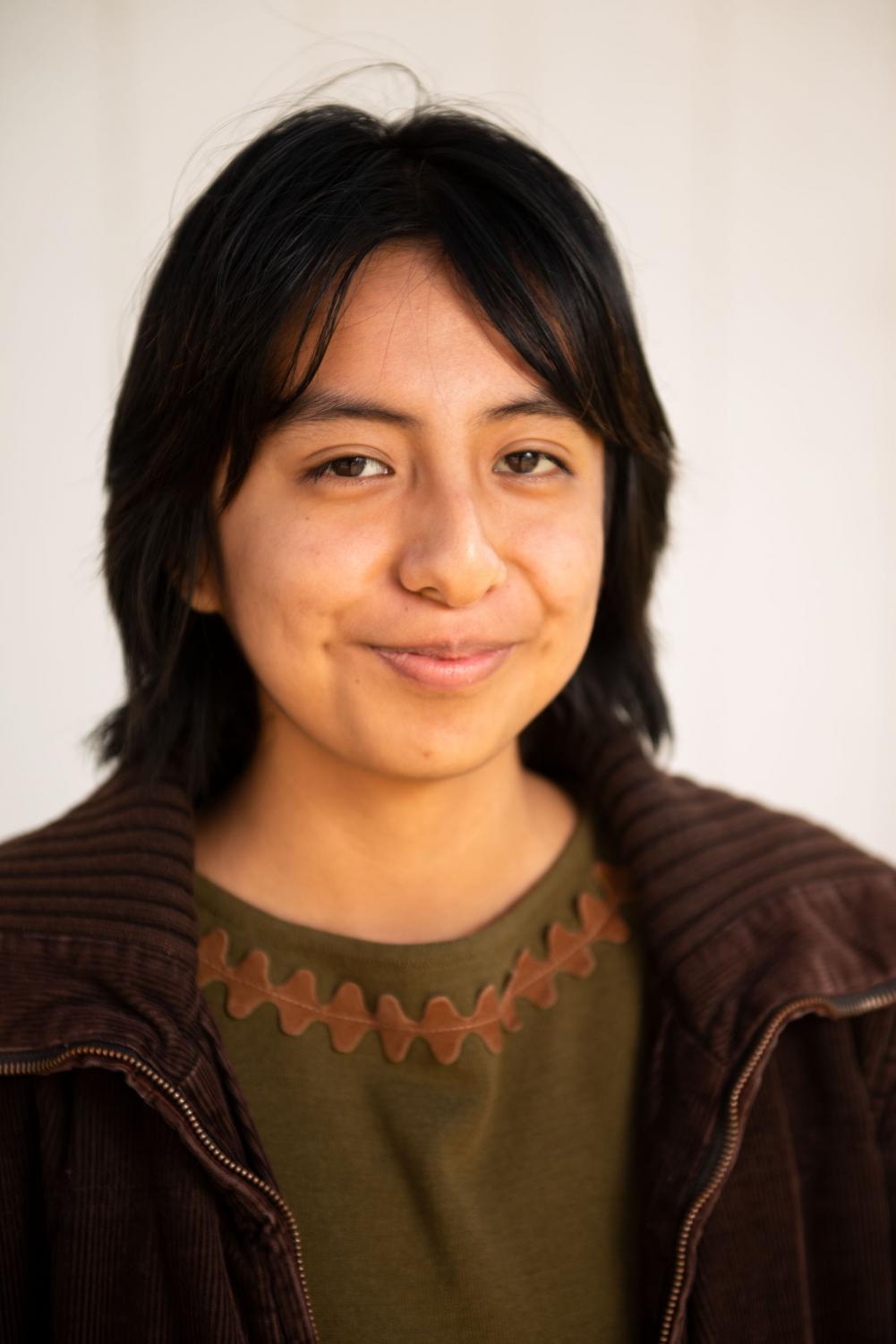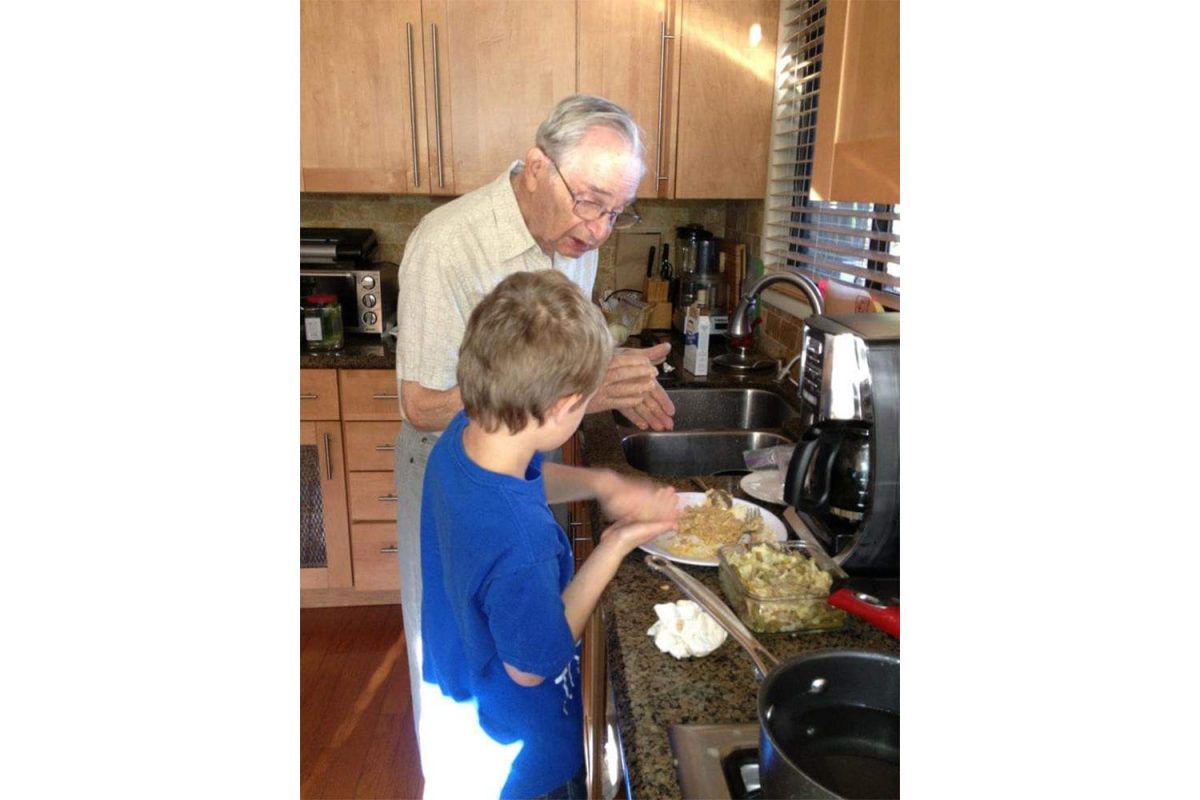
As I was detangling my headphones while waiting for a bus to take me home from school, a woman sitting next to me asked “Where are you from? You look Indian.”
I knew she was asking about my ethnicity and not my country of origin.
I wanted to say “Ma’am, I have lived in Santa Barbara for my entire life. I understand you might view me as a foreigner because of my brown skin and odd nose, but please don’t disturb me with ignorant questions.”
But I was so shocked that I couldn’t think of anything to say beyond “Uhhh… I’m American.”
This interaction ignited an eruption of emotions inside me.
I was angry.
I was angry that the woman had preconceptions about what an American should look like.
I was also sad because others couldn’t see my true indigenous Mexican heritage.
As a queer person of color, this incident is just a microcosm of the kind of confusion my existence causes society and even myself.
My parents immigrated from Mexico and had big dreams of me going to college.
They wished for me having a successful career as a lawyer or doctor and getting married to have their grandchildren.
Being queer made the latter part of their dream a bit more complicated.
I was privileged enough to find refuge from my traditional household through the meetings offered by the Pacific Pride Foundation I started attending in ninth grade.
But those meetings were almost entirely made up of white people, which created a cultural gap that made me feel separated from them.
I couldn’t fit in, even amongst marginalized people.
So once again I sought refuge.
I started identifying with punk culture in 10th grade. I dyed my hair crazy colors, wore messy dark makeup and put spikes all over my denim jacket.
Bikini Kill overtook The Beatles as my favorite band.
But my green hair and fishnet leggings felt like a costume.
I wasn’t sure if I really enjoyed dressing like that but I did so for the sake of fitting in with the other pretentious punks in town.
I desperately wanted the approval that I lacked in the other parts of my life. I contorted myself throughout high school, striving for acceptance.
But I never stopped to consider what my own desires were.
This changed when my parents arranged for me to spend a week with my grandparents in their isolated mountain top home in Oaxaca, Mexico this summer.
Away from my parents, school, and wi-fi, I was given a chance to reflect on who I am and who I want to be.
I realized that my need to conform stemmed from my insecurities. I had to build up my confidence to overcome this.
I returned to Santa Barbara with a sense of self-acceptance and the radical identity of “earthling.”
Meaning, I can create a new path for myself based on what I think it means to have a complete human experience here on earth.
So as a person of color who is also queer, nothing can stop me from jamming out to Bikini Kill and The Beatles in the same playlist.
I don’t have to choose one piece of myself over another because so many things define how I navigate the world.





